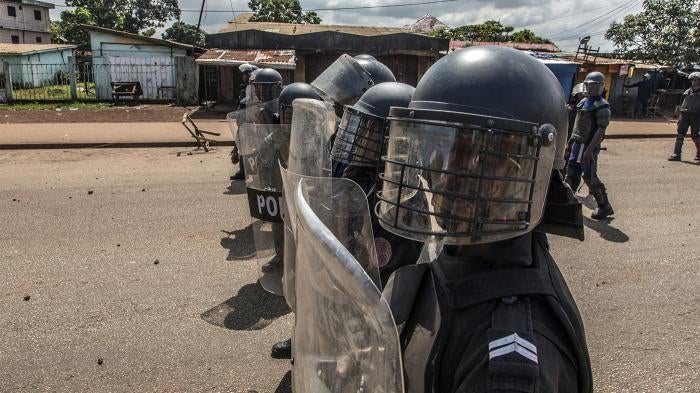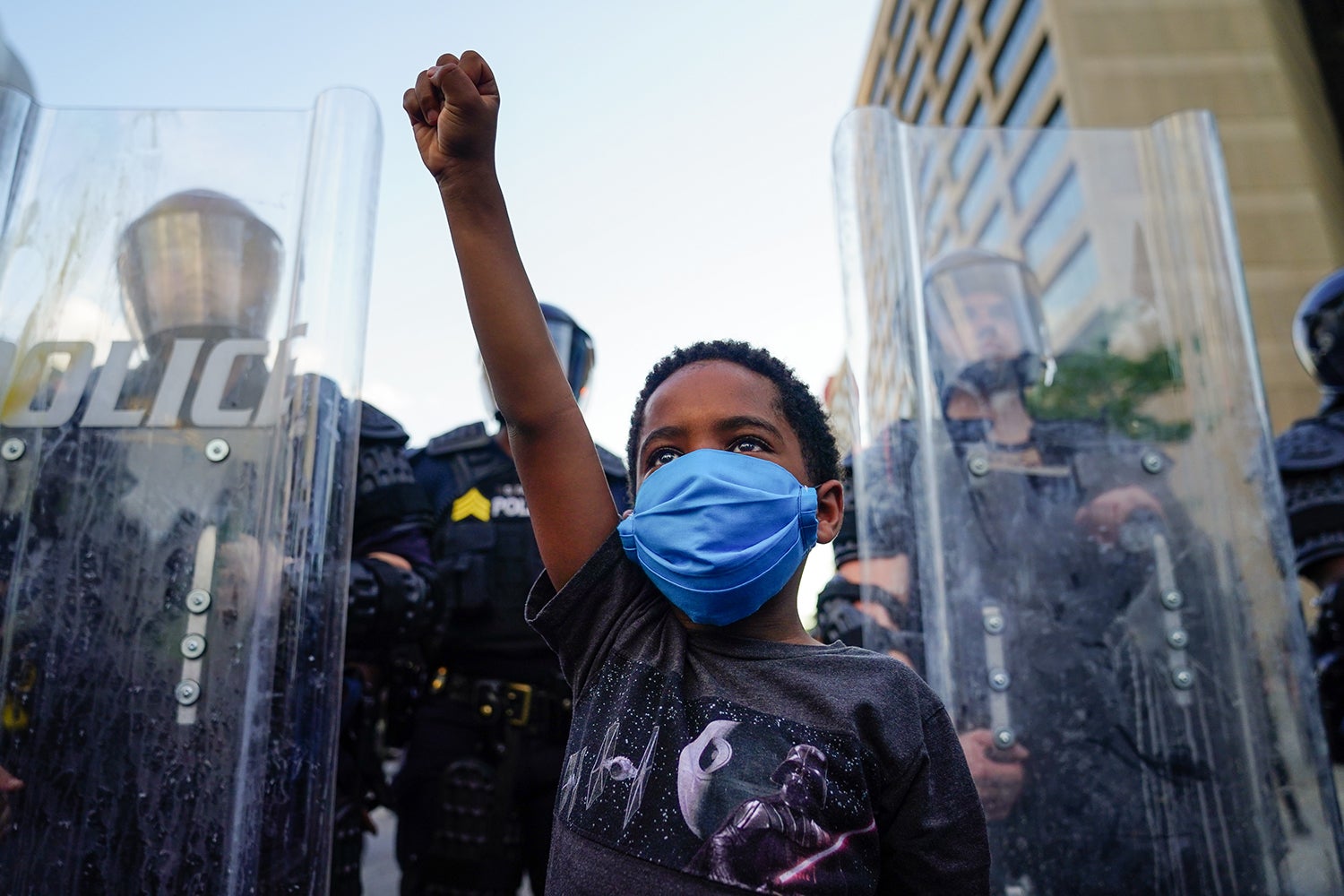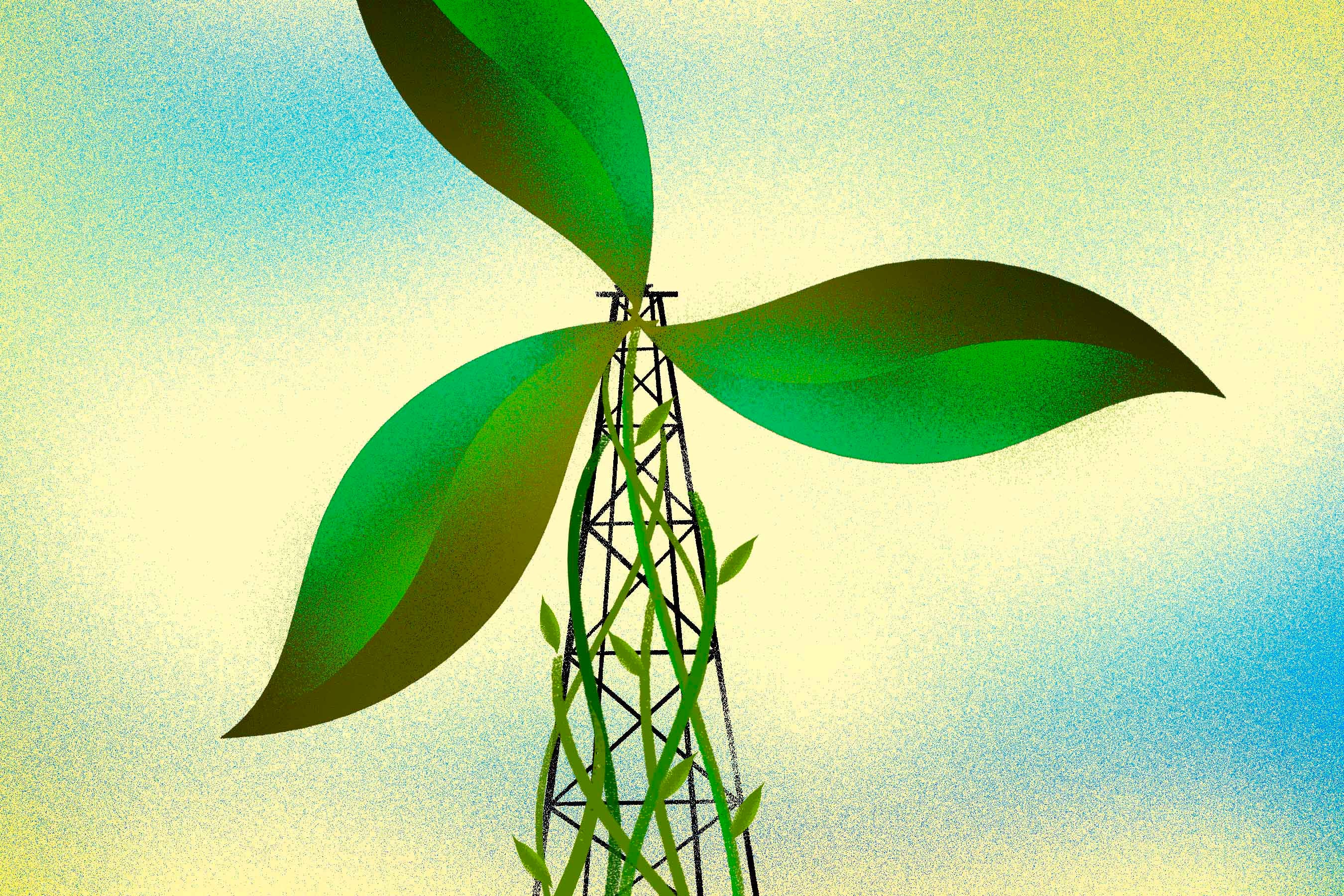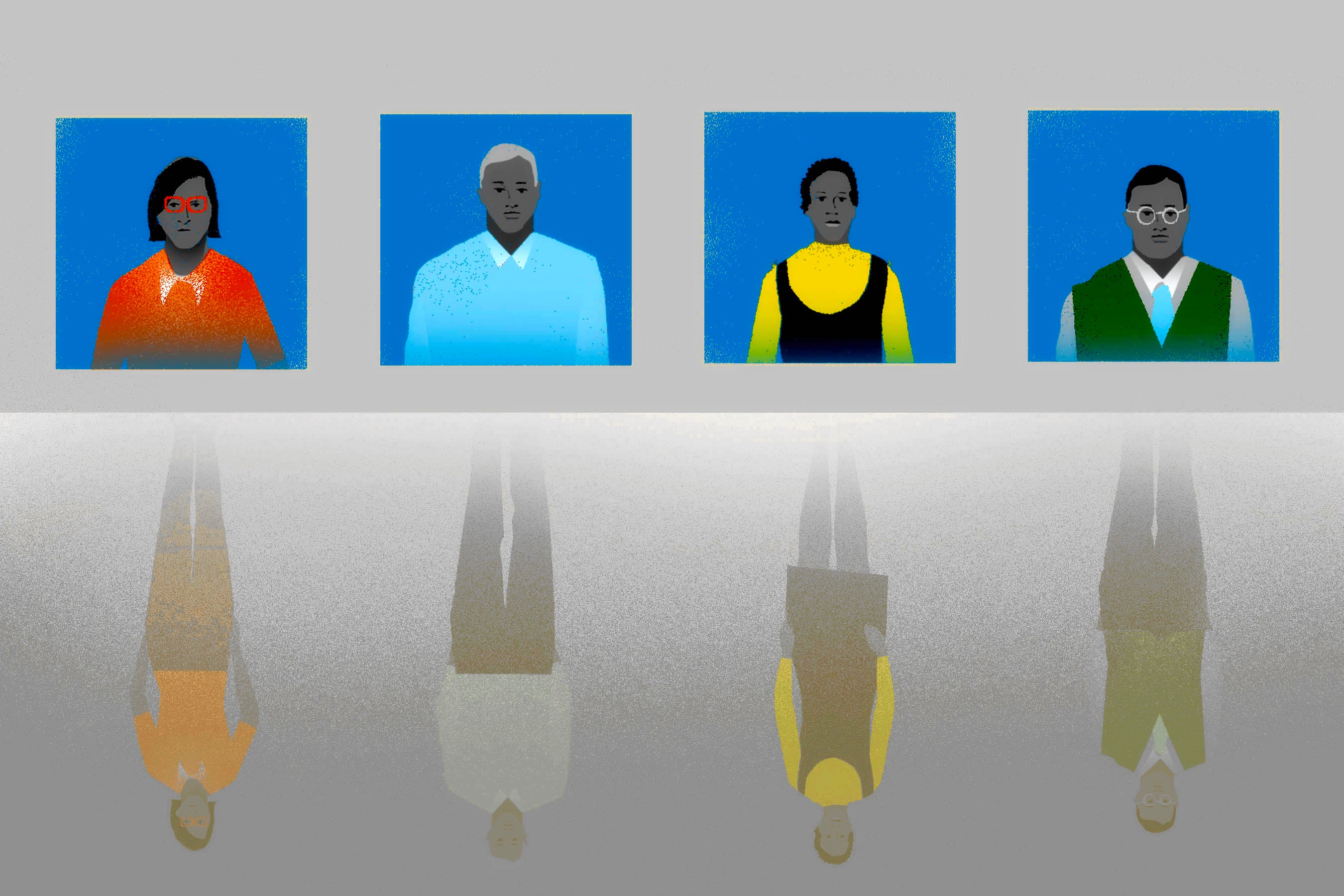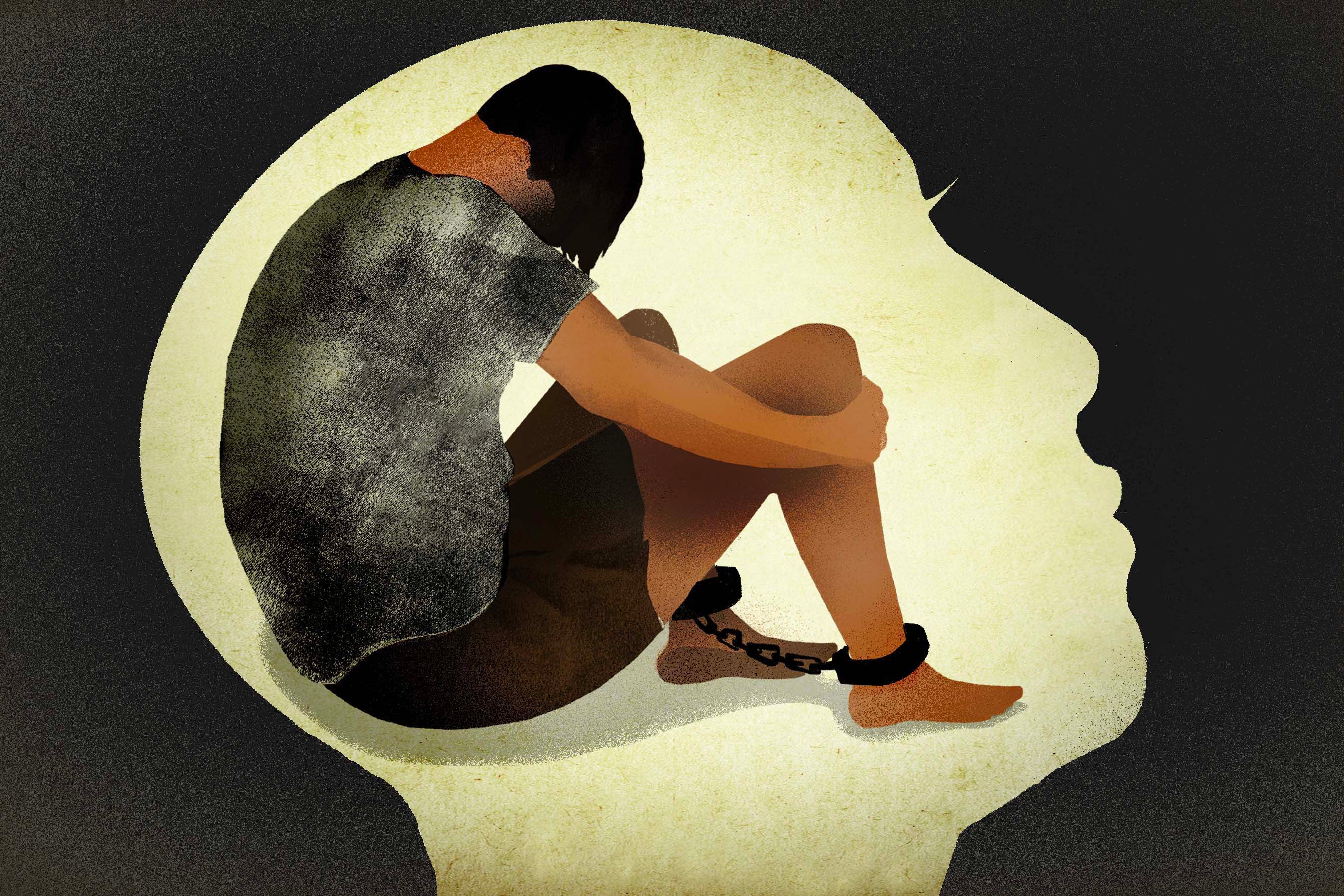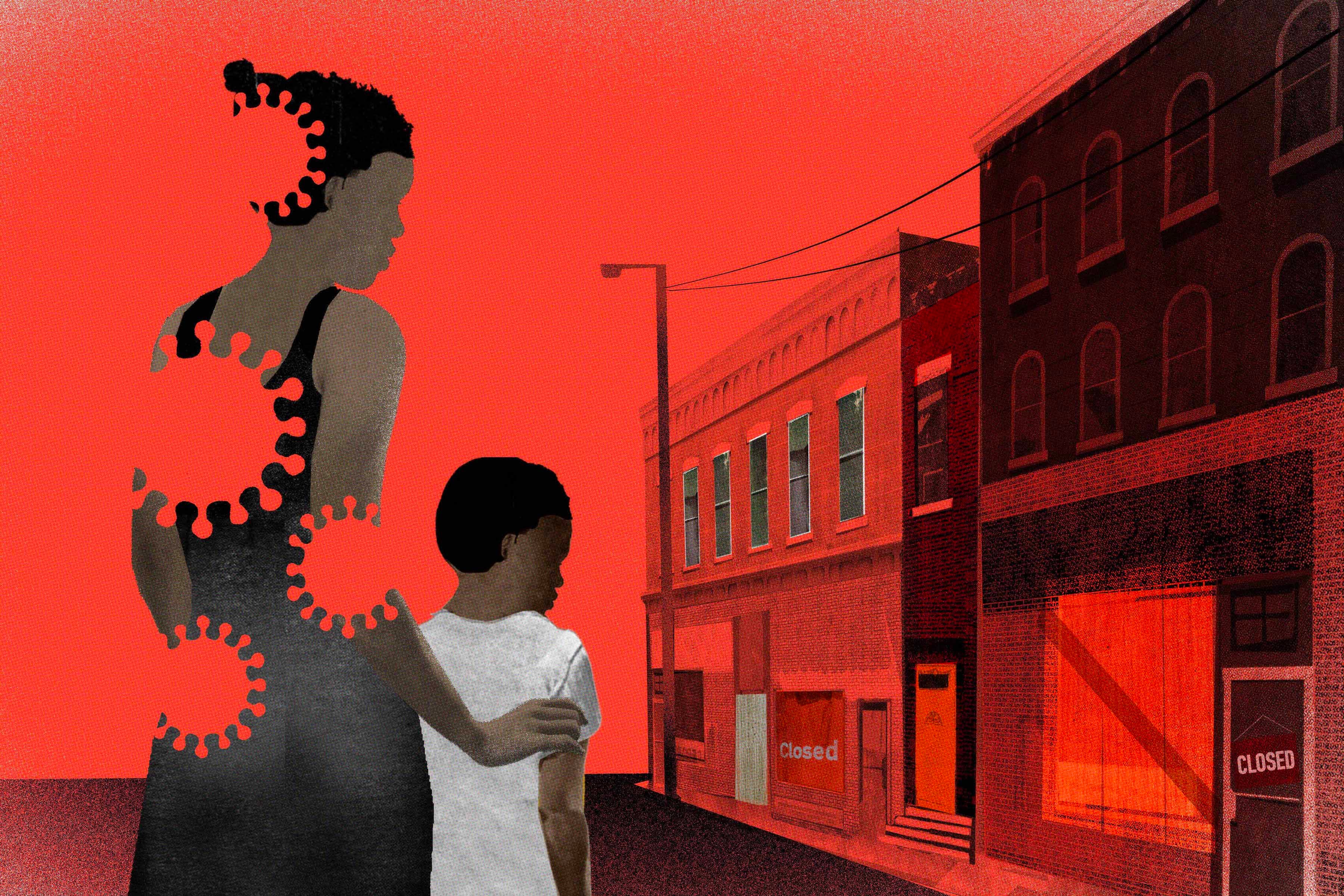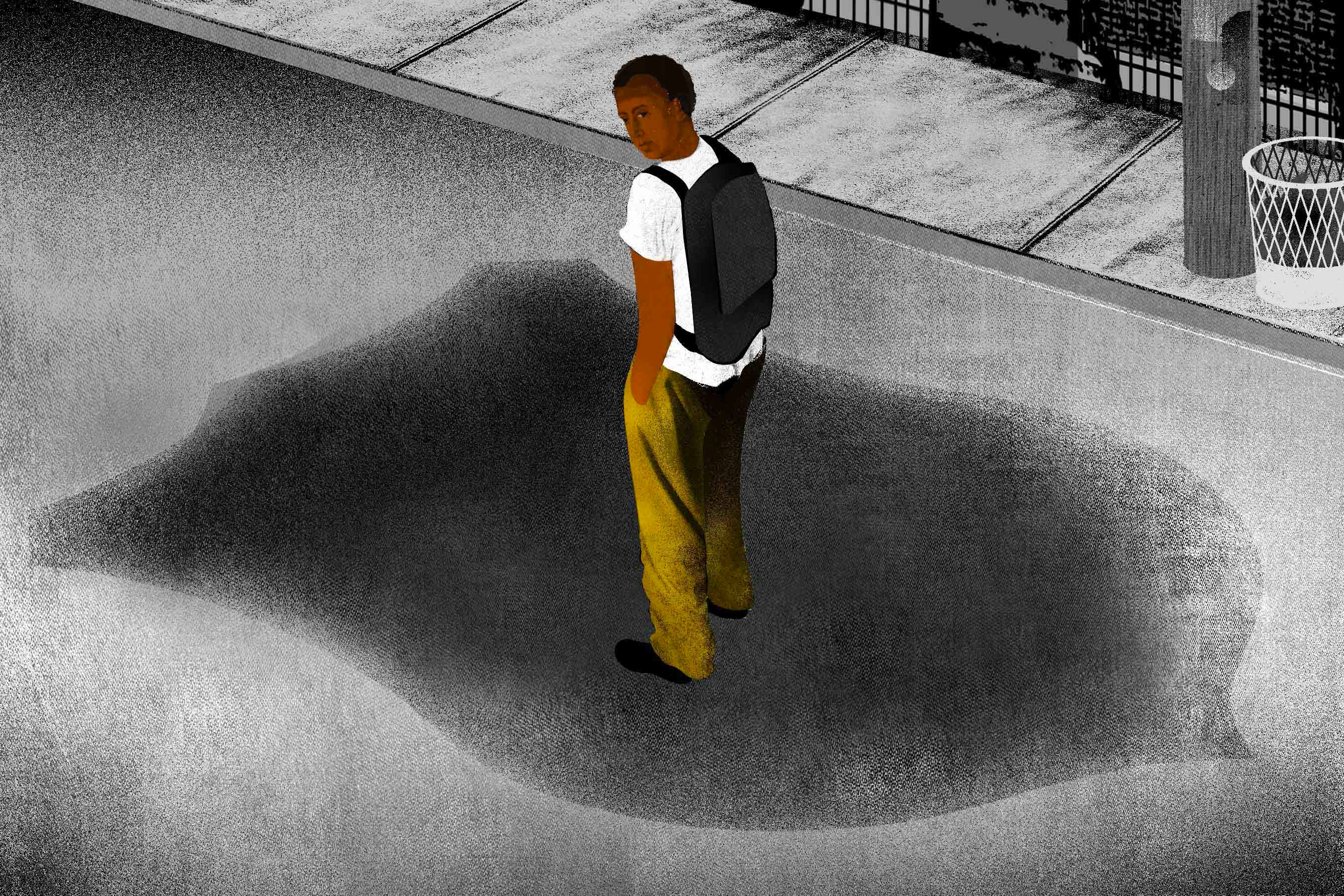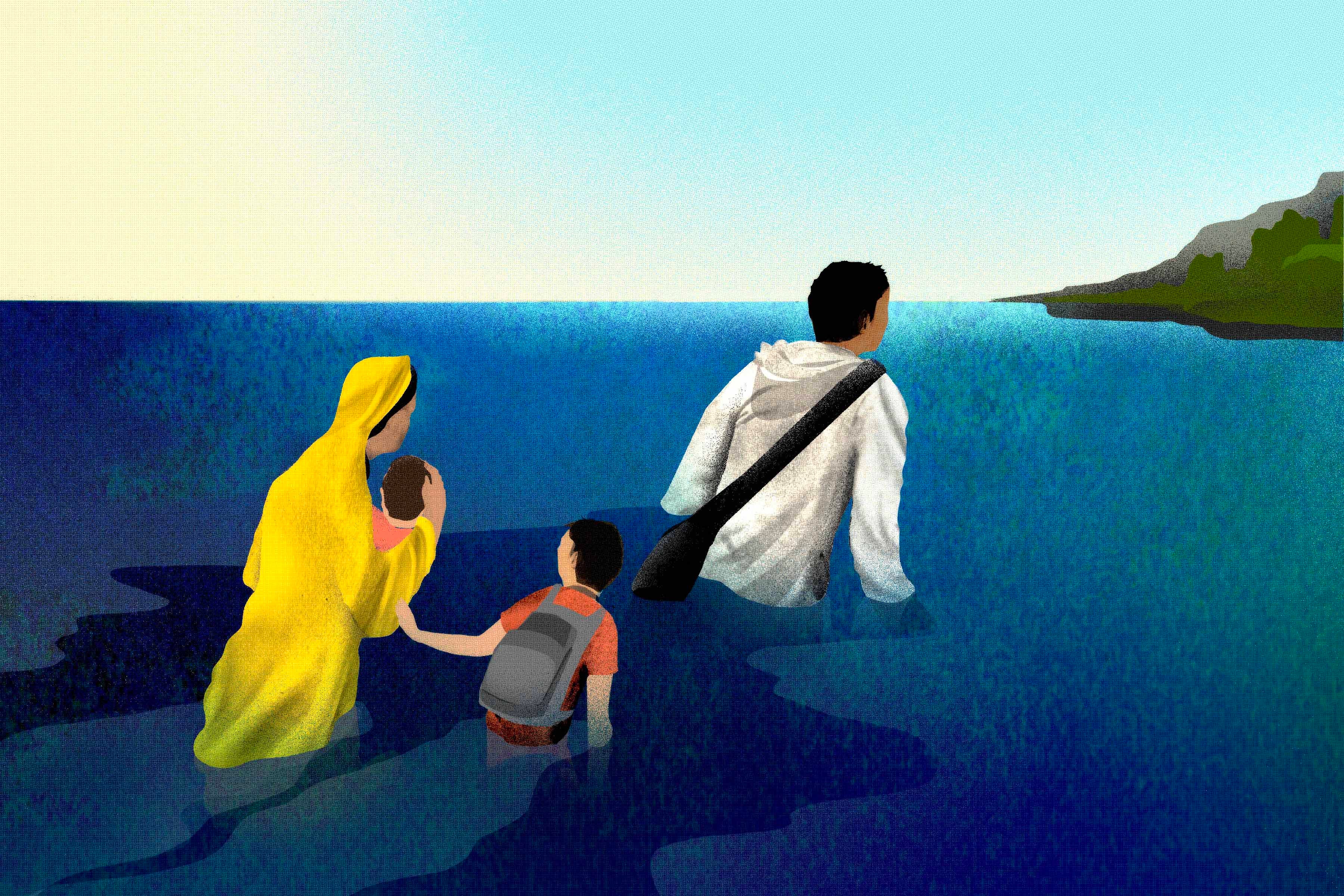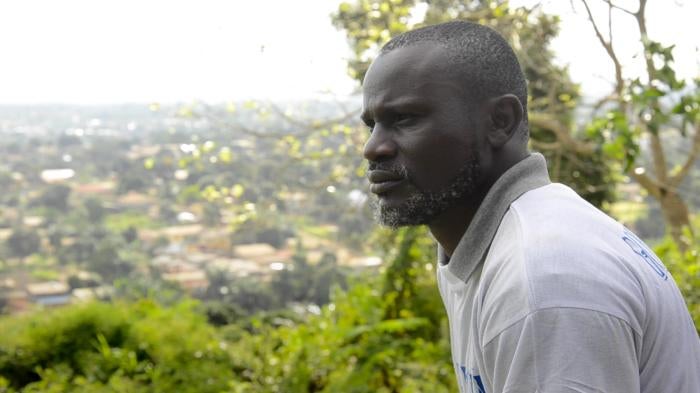Guinea held presidential elections on October 18, the culmination of a year-long effort by incumbent President Alpha Condé to secure a third term in office. The post-election period was marred by violence, with the security forces killing at least 12 people, including 2 children in Conakry, between October 18 and October 23. On October 24, the election commission announced that Condé had won the election with 59.5 percent of the vote. The main opposition candidate, Cellou Dalein Diallo, on October 19 claimed victory, rejecting the official results on October 24. Alleging fraud, Diallo called for mass demonstrations.
On March 22, Guineans voted in a constitutional referendum and legislative elections that paved the way for a Condé third term, despite both the new constitution and the original 2010 text limiting presidents to two terms. The controversial poll triggered violence in Conakry and several other cities, with at least 32 people killed in intercommunal clashes in Nzérékoré, southeastern Guinea. During the weekend of the March legislative elections and constitutional referendum, access to social media was severely limited.
In the lead up to the March elections and the October presidential poll, Guinean security forces frequently used excessive and at times lethal force to suppress sometimes violent demonstrations by those opposed to a new constitution, with at least 23 people allegedly killed by security forces. The government also arbitrarily arrested and detained scores of leaders and members of the National Front for the Defense of the Constitution (Front national pour la défense de la Constitution, FNDC), a coalition of civil society groups and opposition parties opposed to the new constitution.
Members of the security forces continued to enjoy almost total impunity for the excessive use of force and other human rights abuses, with the 2019 conviction of a police captain still the only known conviction of a member of the security forces for the dozens of protest deaths that have occurred since Condé came to power in 2010. The government also failed to meet a self-imposed June deadline for the organization of a trial for alleged perpetrators of the 2009 stadium massacre.
Covid-19
Guinea has seen relatively low numbers of confirmed Covid-19 cases—10,901 as of October 9 and 68 deaths—although given limited testing capacity, the number of infections is likely much higher.
In March, President Condé announced a state of emergency and a series of measures to curb the spread of the virus that causes Covid-19, including a curfew, a ban on large gatherings, and restrictions on movement outside of Conakry. On May 12, security forces allegedly killed seven people during sometimes-violent protests against roadblocks set up to control the spread of Covid-19 on the outskirts of Conakry and in Kamsar, western Guinea.
The government has frequently invoked the state of emergency to prohibit anti-constitution demonstrations. After an FNDC spokesperson announced renewed protests against the new constitution to mark the end of Ramadan on May 21, the Ministry of Security and Civilian Protection said that “no threat to public order will be tolerated,” and that the demonstrations aimed to “provoke clashes with the security forces” and “spread Covid-19.” Local authorities banned an FNDC march scheduled for July 8, citing the state of emergency, and then banned another march on July 20, citing public health reasons and a lack of request for government authorization. The government prohibited another FNDC demonstration on September 29, citing the beginning of the presidential election campaign.
Schools were closed due to the pandemic for at least three months, affecting about 2.7 million students.
Despite the risk of Covid-19 infections, authorities took no steps to reduce severe overcrowding in Guinean prisons, with Conakry’s central prison, designed for 300 people, continuing to house around 1,500. Authorities said that there were 68 positive Covid-19 tests in Conakry’s central prison in May, as well as 28 in the main prison in Kindia.
Security Force Abuses
The security forces frequently used excessive and at times lethal force when breaking up protests and in response to violence by demonstrators. During opposition protests in January, social media videos verified by international journalists showed members of the security forces firing toward demonstrators, beating an elderly man, and using a woman as a shield against stones thrown by protesters.
Clashes between the security forces and opposition protesters, and between opposition and government supporters, escalated the weekend of the March 22 legislative elections and constitutional poll. Several polling stations were attacked by demonstrators, while human rights groups reported that security forces shot dead 9 people. Two others were reportedly killed after collisions with vehicles belonging to the security forces. In some cases, government supporters also attacked opposition demonstrators and journalists.
Security forces deployed to Nzérékoré during the March elections failed to protect people from election-related and intercommunal violence and also committed human rights abuses, including illegal and arbitrary detention and excessive use of force.
While the October elections were largely peaceful, Diallo’s declaration of victory and the subsequent announcement of preliminary results by the National Electoral Commission led to clashes between Condé supporters and opposition sympathizers in several neighborhoods in Conakry, as well as clashes between protesters and security forces. Police and gendarmes frequently used excessive and sometime lethal force against protesters, including firing live ammunition. They killed at least 12 people in Conakry, including 2 children, between October 18 and October 23.
Intercommunal Violence
In Nzérékoré, Forest Guinea, election day tensions ignited longstanding intercommunal divisions, leading to violent clashes that left at least 32 people dead, 90 injured, and dozens of homes, shops and churches destroyed or damaged.
Violence often ran along ethnic lines with groups of armed Guerzé, an ethnic group seen as sympathetic to the opposition, facing off with armed ethnic Konianké and Malinké, largely considered ruling party supporters. Some of the victims were apparently targeted based on their ethnic identity. Many were shot, hacked, or beaten to death, and at least one was burned alive.
The bodies of over two dozen people killed during the violence were removed from Nzérékoré’s regional hospital and secretly buried in a mass grave.
Arbitrary Arrests and Detention
On February 11 and 12, in advance of and during planned FNDC demonstrations, security forces arbitrarily arrested 40 people in Conakry and took them to a military base in Soronkoni, in eastern Guinea. They were held incommunicado and without the authorities acknowledging their detention until March 28, when the authorities released 36 and transferred 4 others to Conakry central prison.
On March 6, security forces arbitrarily arrested FNDC leaders Sekou Koundouno and Ibrahima Diallo and held them for a week without access to their lawyers. They were released on bail on March 13, and the Court of Appeal in Conakry dismissed charges against them on July 15.
On April 17, police arrested Oumar Sylla, an FNDC leader, and held him without charge until April 24, when he was charged with spreading false information. He was released on August 27 after judges dismissed the charges against him, but he was re-arrested on September 29 after he called for demonstrations. On May 7, the FNDC legal director, Saïkou Yaya Diallo, was arrested in Conakry for his alleged role in the temporary detention of a government informer. At time of writing, he remained in detention, while his trial was ongoing.
During the March election violence in Nzérékoré, dozens of those arrested were illegally detained for several days at the Beyanzin military camp, where some were beaten, kept in inhuman conditions, and deprived of food and water. Forty-three were subsequently transferred to a prison in Kankan, almost 240 miles from Nzérékoré. Thirty-five were released on September 28, but 8 remained in detention at time of writing.
Accountability for Serious Abuses
The judiciary continued to face various shortcomings, including lack of adequate court rooms and other physical infrastructure, as well as insufficient personnel and resources to investigate and prosecute human rights violations and other crimes.
Although the government announced investigations into alleged security forces’ abuses during demonstrations—including the establishment of a pool of judges to investigate the “serious provocations, abuses, and destruction” committed in Conakry during the March elections—lack of political will, limited investigative capacity, and witnesses’ unwillingness to come forward meant that most investigations did not result in charges against members of the security forces. The trial of several police officers for using a woman as a human shield to protect themselves from protesters in January did open on March 18 but has not concluded.
Eleven years after security forces massacred over 150 peaceful opposition supporters and raped dozens of women at a stadium on September 28, 2009, those responsible have not been tried. Then-Justice Minister Mohammed Lamine Fofana stated in November 2019 that the trial would take place no later than June 2020, and on January 13 the government began construction of the courtroom designed to hold the trial.
The International Criminal Court, which has an ongoing preliminary examination of the 2009 massacre, praised the beginning of construction, and urged the government to meet the June deadline. Fofana was, however, replaced in June by a new minister, Mory Doumbouya, and the trial had yet to begin at time of writing. President Condé said on October 6 that the government was still constructing the building for the trial. Five people charged in the case have been in detention beyond the legal limit while they wait for the trial to start.
Natural Resources
Guinea’s natural resources, notably bauxite and gold, remained central to the economy. The bauxite sector continued to expand rapidly in the Boké and Boffa regions, leading to thousands of farmers losing their land to mining, often for inadequate compensation, and damaging vital water sources in the area. The Guinean government on June 4 confirmed an agreement with a Chinese-backed consortium to develop half of the enormous Simandou iron ore deposit, in southeastern Guinea. The consortium, which is already Guinea’s largest aluminum exporter, has in the past failed to respect international human rights and environmental standards.
The government began a second wave of resettlements of villages to make way for the Souapiti hydroelectric dam, which in total is expected to displace 16,000 people. More than 10,000 people displaced in 2019have yet to receive alternative farmland or support finding new livelihoods and are struggling to access adequate food and other essentials.
Key International Actors
On October 2, the Economic Community of West African States (ECOWAS), the African Union, and the United Nations called on the Guinean security forces to “avoid the excessive use of force” during the presidential election and urged the authorities to secure the election with “respect for human rights.” The European Union and the United States condemned the violence and killings that occurred during the March elections and called for respect for freedom of assembly ahead of the presidential poll.
The prosecutor of the International Criminal Court on October 9 condemned “inflammatory rhetoric” contributing to “growing ethnic tensions” ahead of the presidential election. She also called for the swift organization of a trial for the September 2009 stadium massacre. The EU, US, and France also on September 25 called for Guinea to “hold a trial as soon as possible” for the massacre.
